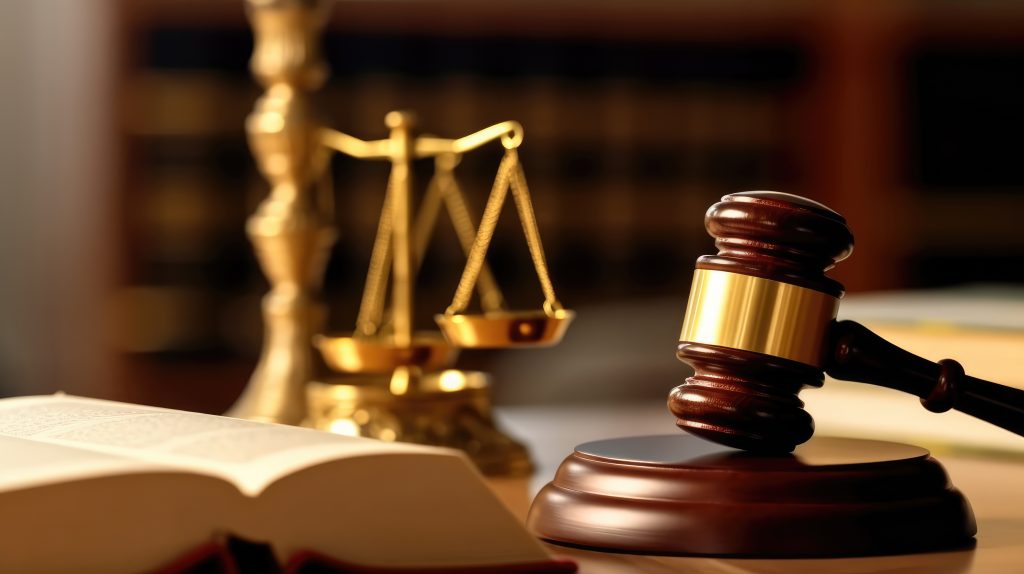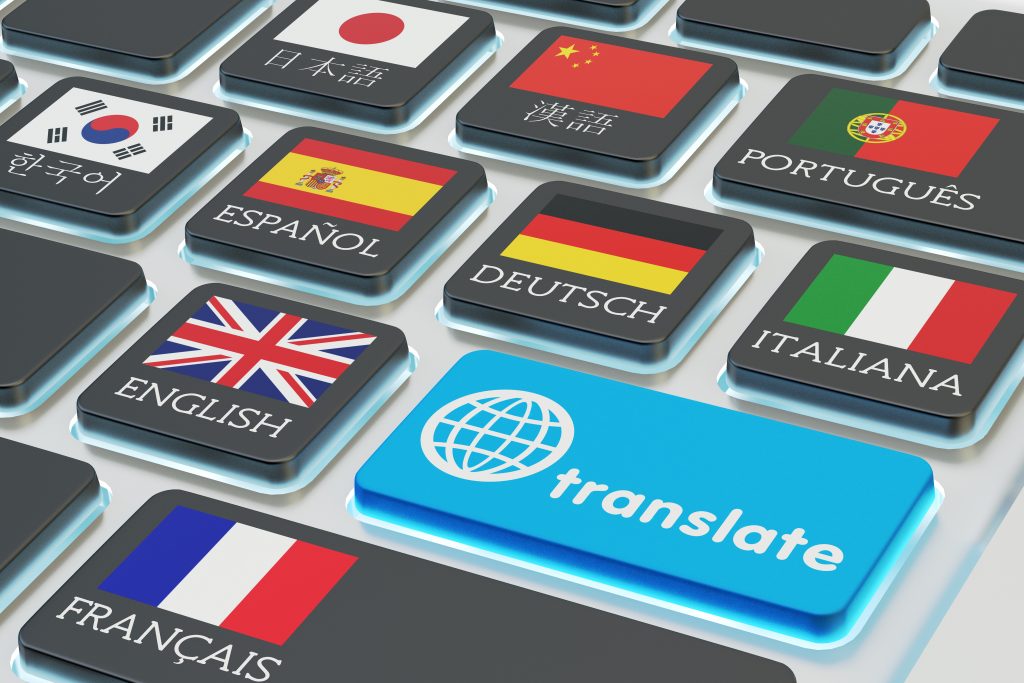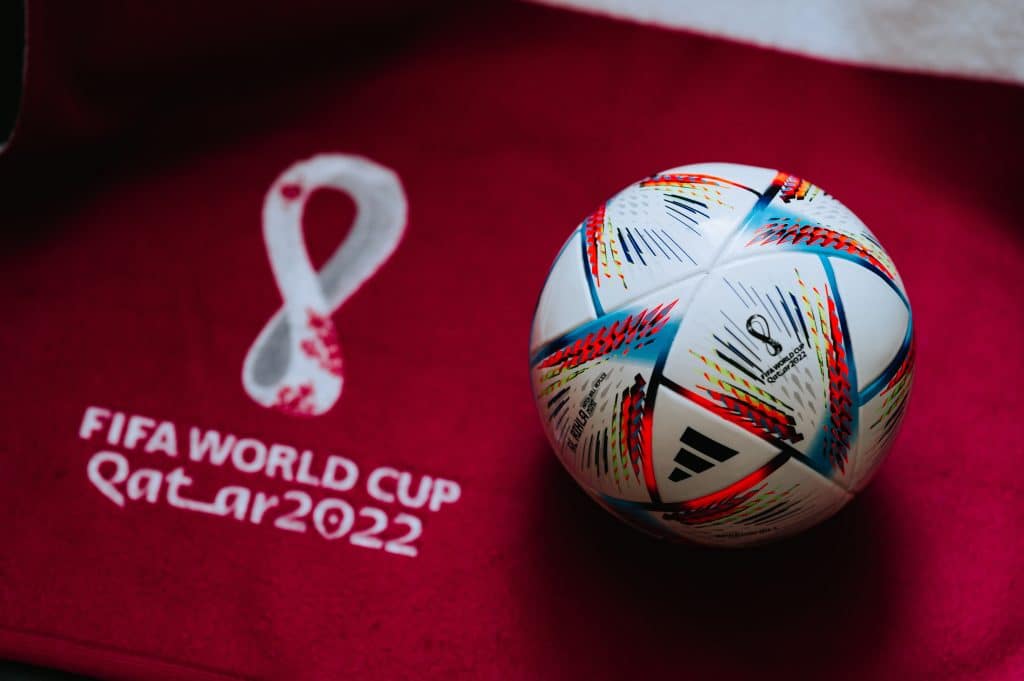We were recently involved in a case, where the original translation was rejected by a court due to the fact that it was incorrectly certified even though it had a “certificate”, certifying the accuracy of the translation. We did not do this. It was missing stamps, signatures, and the correct statement of truth.
The client contacted us to re-translate, certify, stamp and submit the documentation to comply with the court requirements, which we successfully did.
It is a simple process for us, to avoid potentially costly errors for you in translations which require certification.
WHO can do this?
Dixon Associates! – we know the process and since we are an accredited member of the ATC and the ITI (Association of Translation Companies and the Institute of Translation and Interpreting) we have been awarded the ITI seal and ATC stamp to certify translations.
WHAT?
Any document required for legal proceedings. Just tell us which process you need.
WHICH CERTIFICATION PROCESS?
Certified translation
Translation carried out by a suitably qualified or experienced translator, bound together with the source text and a written declaration
signed by the translator and/or are presentative of an accredited ATC/ITI member company with the ATC stamp or ITI seal.
Examples of translations we certify: civil record certificates e.g. birth-death-marriage certificates, divorce papers, immigration papers, transcripts, company registration documents, etc.
Affidavit
Translation carried out by a suitably qualified or experienced translator, bound together with the source text and a written declaration carrying the translator’s name and affirming the translator’s ability to translate from the original source to the target language accurately (“affidavit”) signed by the translator and/or are presentative of an accredited ATC/ITI member company in the presence of a solicitor with the ATC stamp or ITI seal. We can arrange for an affidavit to be sworn by the translator with a local solicitor.
Notarised translation
Translation carried out by a suitably qualified or experienced translator, bound together with the original and a written declaration (“certificate”) signed by the translator and/or a representative of an accredited ATC/ITI member company with the ATC stamp or ITI seal., in the presence of a Notary Public. While certified translations must be completed by an official translator or equivalent, and have a focus on quality, notarised translations have more of a focus on following official procedures. We work regularly with a local Notary Public to notarise documentation.
Examples of translations we arrange to be notarised: diplomas, degree certificates, professional qualifications, other administrative documents.
Legalised translation (apostille)
Translation authenticated by the Foreign, Commonwealth and Development Office’s (FCDO) Legalisation Office. The translation must first be notarised before it can be sent to the FCDO for legalisation. If the translation is bound together with a copy of the original, the legalisation request must clearly indicate that it is the notarised translation that should be legalised, and that the copy of the original document is solely for information purposes.
Examples of documents we arrange to be legalised: if the document is to be used in another country, it may need approval from the Foreign Office, e.g. birth certificates for getting married abroad, visa applications, foreign job applications. An apostille is placed on the original document itself. Once the document has been legalised by the FCO the document can then be used abroad without further need to question its authenticity. We will check with the country requiring the certified translation whether it needs to be legalised by the FCO. We can arrange the legalisation process on behalf of you or your clients.
HOW?
More often than not, it is certified translations required for court purposes. Dixon Associates carries out this process by only using suitably qualified and experienced translators. The translation is then signed by the translator and us, then stamped and a seal affixed.
Each page of the translation should include the following:
-The statement
“The translation is a true and accurate translation of the original document”.
-The date of the translation
-The name and contact details of the translator or a representative of the accredited translation company.
Each page of the translation has to be stamped or initialled by the translator and/or agency to prevent tampering or misuse.
WHEN?
When requested for official legal purposes. Please advise which of the above certification processes is required before we start the translation, although documents may be certified after they are completed. Short documents can be returned by Dixon Associates within the same working day.
WHERE?
The whole certification process can be done online and returned by email followed by a hard copy in the post.
If there’s still more that you would like to know, feel free to get in touch with us by email info@dixon-associates.co.uk or visit our website at www.dixon-associates.co.uk or call us on 01952 288230. We would love to hear from you.


